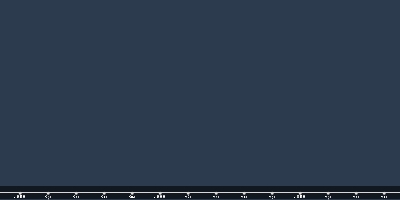7 nov 1956 anni - The allies withdraw from Egypt
Descrizione:
The Battle of Port Said occurred during the Suez Crisis, with the UK's goal of seizing the Suez Canal, a crucial trade route in Egypt.After gaining independence from the UK in 1922, Egypt remained under British influence. In 1956, tensions escalated when the US and UK withdrew funding for Egypt's Aswan High Dam due to Egypt's ties with the Soviet Union. Egyptian President Gamal Abdel Nasser responded by nationalizing the Suez Canal and seizing control.
On 29 October 1956, Israeli forces invaded Egypt, advancing toward the Suez Canal and defeating Egyptian troops in several battles. Subsequently, Britain and France demanded that both Israeli and Egyptian forces withdraw from the canal, threatening intervention if they did not comply. When neither complied, British and French troops landed at Port Said and Port Fuad on 5-6 November, occupying the canal zone.
The invasion faced strong international opposition, particularly from the United States and the British and French public. Fears of Soviet intervention increased tensions. By 22 December, under UN pressure, British and French troops withdrew, with Israeli forces following in March 1957. This operation aimed at controlling the Suez Canal ended in a political debacle for the UK and France.
In Britain, anti-war protests emerged despite the government's justification for the invasion. Public debates, notably on the talk show "Free Speech," revealed deep divisions. Historian A. J. P. Taylor and journalist Michael Foot accused Conservative MP Robert Boothby of criminality for supporting the war. These televised debates mirrored the public's divided response.
Prime Minister Anthony Eden's secrecy and timing were criticized, as public anger over the canal's nationalization had subsided by the fall of 1956. Eden's failure to explain the need for war and his conflicting public statements added to the confusion. Only one British soldier refused to fight, reflecting the general support among troops despite their confusion.
Labour Party leader Hugh Gaitskell, initially supportive, grew critical of Eden's secrecy and the lack of Commonwealth support. He called the invasion a disastrous folly in Parliament, predicting long-term regret and damage to Britain's reputation. Violent debates in the House of Commons almost led to fistfights, with some MPs comparing Eden to Hitler.
Public opinion was divided, with 37% supporting the war and 44% opposing it. Influential figures like Lady Violet Bonham Carter and MP Aneurin Bevan condemned the government's actions, organizing large anti-war protests. Bevan's speech at a rally in Trafalgar Square criticized the government's logic and called for withdrawal.
The invasion and subsequent protests revealed the Labour Party's internal divisions, yet united factions against the invasion. Public and political pressure, along with American financial pressure, eventually led Eden to accept a ceasefire. This decision, combined with declining poll numbers and signs of Conservative voter desertion, influenced the government's actions.
While some historians argue that Eden retained significant public support, with opinion polls showing a majority in favor of the war at certain points, the crisis exposed deep political rifts. Letters to MPs and newspaper editorials revealed a predominantly anti-war sentiment, with notable resignations and shifts in political allegiance.
Internationally, the invasion was condemned, particularly by the United States, which sought to avoid further conflict and Soviet expansion. Despite the military success, the operation was a political disaster, damaging relations with allies and leading to significant geopolitical shifts in the Middle East.
Aggiunto al nastro di tempo:
Data:
7 nov 1956 anni
Adesso
~ 69 years ago
